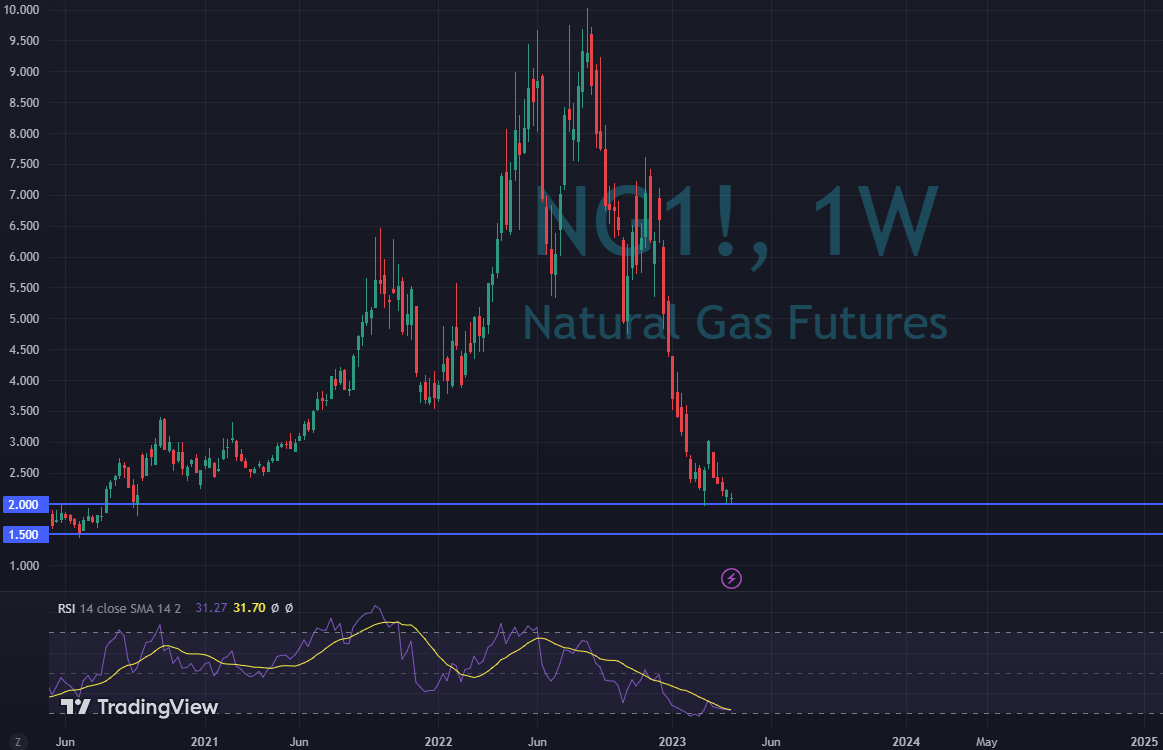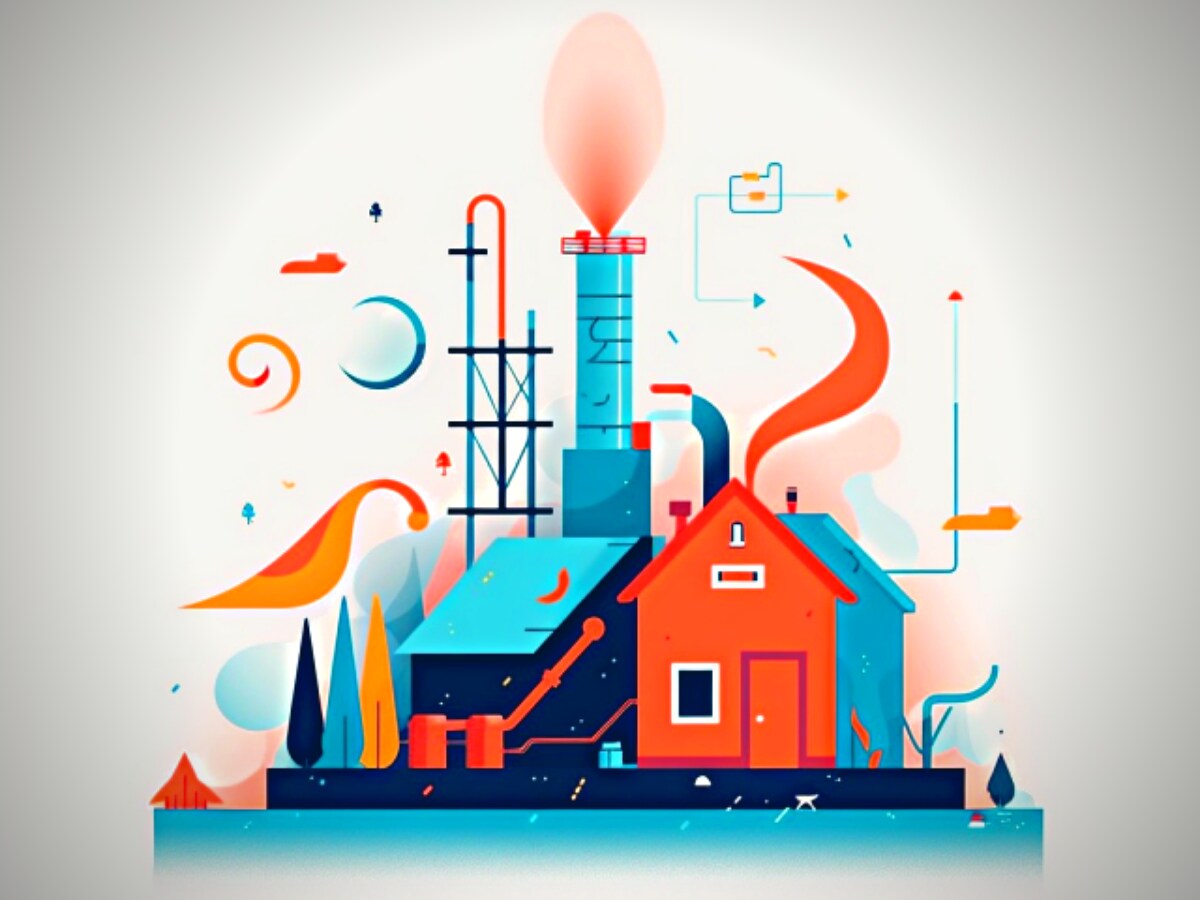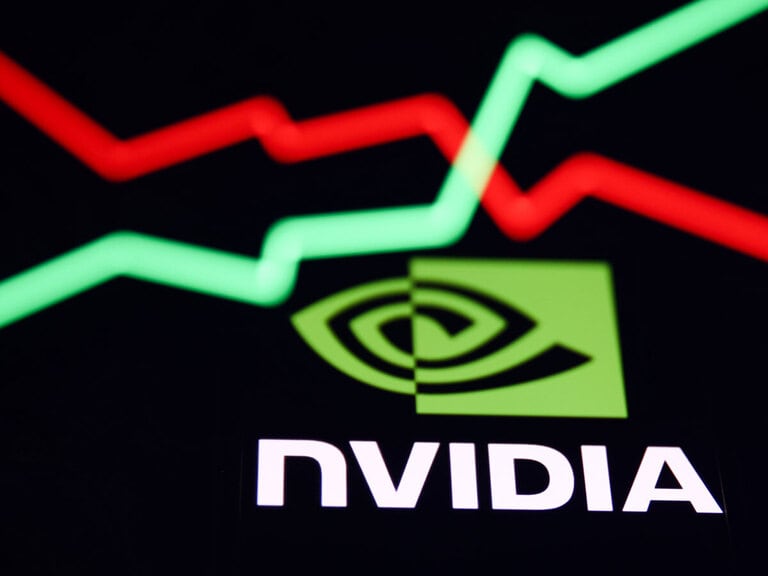Heard of the buzz caused by natural gas' low prices? Whether you’re a beginner trader or an experienced investor, you can use stocks, futures and ETFs to gain exposure to this commodity. In this article, we'll answer the frequently asked whys, hows and whatsof trading natural gas. From learning the advantages and disadvantages of trading natural gas to understanding its popularity among traders, here's everything you'll need to know about trading natural gas using futures, stocks and ETFs.
What Is Natural Gas?
Natural gas is a naturally occurring mixture of gaseous hydrocarbons mainly consisting of methane. As a non-renewable fossil fuel, natural gas is a highly traded commodity commonly used for electricity generation, heating and plastic manufacturing.
Before we dive into trading natural gas, let’s first understand the commodity itself. As the third most popular fossil fuel in the world, natural gas is a non-renewable energy resource that comes from underground deposits found across the globe. It’s used for various household and industrial purposes, such as heating homes, generating electricity and powering vehicles. While its extraction and treatment demand a high upfront cost, the price of natural gas remains relatively low compared to other energy sources. Ultimately, factors like low carbon emissions and demand among developing nations have helped natural gas sustain its popularity in the commodities trading space.
What Impacts the Price of Natural Gas?
Many factors can influence the price of natural gas. These include:
Competing Energy Sources
Natural gas competes with other sources of energy such as coal, oil, solar and wind. As these alternate sources become more popular, they could cause natural gas prices to drop as demand shifts away from natural gas.
Weather Patterns
Colder weather tends to increase the demand for natural gas, while warmer weather can decrease it. This was seen during 2022's meteoric rise in natural gas prices as countries prepared to stock up in fear of sub-zero temperatures during winter.
Geopolitical Tensions
If tensions between nations increase, this can cause a disruption in natural gas supply chains as shipments are delayed or blocked, leading to a rise in overall prices for natural gas. This was recently seen during the Ukraine-Russia conflict, where businesses found it challenging to extract the natural gas reserves of over 1 trillion cubic meters due to the ongoing armed conflict.
Accidents and Leaks
Due to the volatility of the commodity, natural gas pipeline incidents are bound to happen. In 2020 alone, about 630,000 natural gas leaks resulted in hundreds of deaths and millions in property damage. On top of the collateral damage, pipeline damage can also cause a spike in natural gas prices as supply is constrained due to a lack of proper infrastructure for transportation.
Advantages & Disadvantages of Trading Natural Gas
Has the trading popularity of natural gas futures and related securities piqued your interest? Here are the various pros and cons of trading natural gas.
Advantages of Trading Natural Gas
Compared to other commodities like crude oil, natural gas tends to be one of the more affordable commodities with high trading volume. This makes it an appealing choice for traders looking to use margin and trade commodities with high liquidity to amplify their trading gains. Through leveraged speculative bets, experienced natural gas traders can take more risky positions as it’s relatively inexpensive for traders of natural gas futures traders to enter into a position compared to commodities like crude oil or gold. Additionally, natural gas is widely available and can be traded in various forms. From natural gas futures contracts that track the movement of natural gas price movements to stocks and ETFs thatoffer exposure to natural gas producers, traders are typically spoilt for choice when deciding the types of natural gas-related securities to trade.
Disadvantages of Trading Natural Gas
On the flip side, trading natural gas can be seen as high risk because of how volatile and unpredictable its prices can be. From inconsistent weather patterns to gas supply disruptions, there are a whole host of factors that can drastically impact natural gas prices. This makes it difficult for traders to consistently make accurate predictions, leading to potential losses when the market moves against their position.
Natural Gas Trading Instruments
Now that you understand the basics of natural gas trading, let’s look at some of the instruments you can use to gain exposure to this commodity in more detail below besides trading the actual natural gas commodity itself.
Trading Natural Gas with Futures Contracts
There's a good reason why the Henry Hub natural gas futures contract is one of the most popular trading instruments in the commodity space. As the official delivery location for natural gas futures contracts on the New York Mercantile Exchange, Henry Hub is a natural gas pipeline in Louisiana that's used as the benchmark for contract settlement prices. These contracts are priced in U.S. dollars per million British Thermal Units (BTUs), each representing 10,000 million BTUs of energy. Ultimately, traders choose to trade natural gas futures contracts because of their high liquidity and the ability to take on a leveraged exposure to natural gas.
Trading Natural Gas with Stocks
When trading natural gas with stocks, investors can buy shares in companies that produce or distribute this resource. While many of these firms are small-cap stocks, some large-cap players are in the mix. These include companies like Cheniere Energy (LNG),Chesapeake Energy Corporation (CHK), Dominion Energy (D) and EQT Corporation (EQT)which boast billions in market cap. In addition to being correlated to the price of natural gas, traders can research company-specific news and earnings reports for insight into how the entire business is performing to adapt to the changing natural gas prices.
For examples of companies to invest in, check out our article covering all kinds of natural gas stocks.
Trading Natural Gas with ETFs
Exchange-traded funds (ETFs) provide investors a low-cost and convenient way to gain broad exposure to natural gas. A popular ETF in this space is the United States Natural Gas Fund (UNG), which tracks the price of natural gas futures on NYMEX. This presents an opportunity for many long-term investors who have a longer investing time horizon to gain exposure to natural gas without the risks of directly investing in the commodity itself.
Natural Gas Analysis
Since its mid-2022 surge, natural gas prices have been declining at an alarming rate. This was primarily due to a warmer-than-expected winter in Europe and natural gas reserves being higher than average. With natural gas futures contracts down almost 80% from their 2022 highs, is it time to consider natural gas as a long-term investment?

Bullish natural gas traders will be looking to buy the dip and shrug off fears of the futures contracts being falling knives. Buyers are hoping for the $2 support line to hold out long enough before summer as its price continues to get hammered. That's when bullish traders expect increased demand for energy to power air conditioners and coolers if summer gets hotter than expected due to global warming.
On the opposing end of the argument, bearish traders are pointing towards a similar case that happened in April 2020, when barrels of oil briefly traded in the negative price range. Fear of this once-in-a-lifetime occurrence might overwhelm the natural gas market should natural gas prices plunge past the $1.50 support.
The Bottom Line
In summary, trading natural gas could be profitable for traders aware of the potential risks and profits involved. With its low cost, high liquidity and various trading instruments available, trading natural gas is can be an attractive option for traders looking to diversify their portfolios with exposure commodities and those who want to take advantage of volatile price movements. However, it’s important to remember that natural gas prices can be difficult to predict and can be impacted by external factors outside an individual's control. As such, traders should always take a measured approach before undertaking risky trades. By researching the markets and conducting their due diligence, informed traders can avoid potential losses while taking advantage of opportunities in this profitable space.






